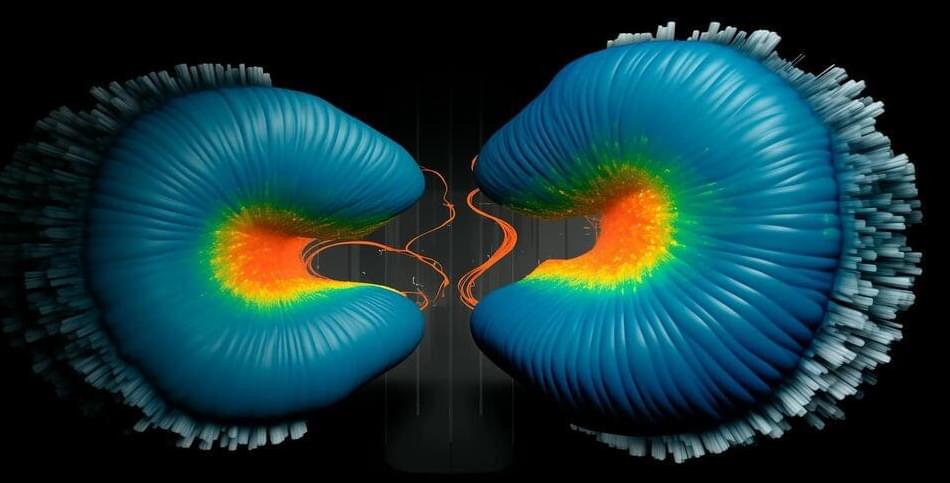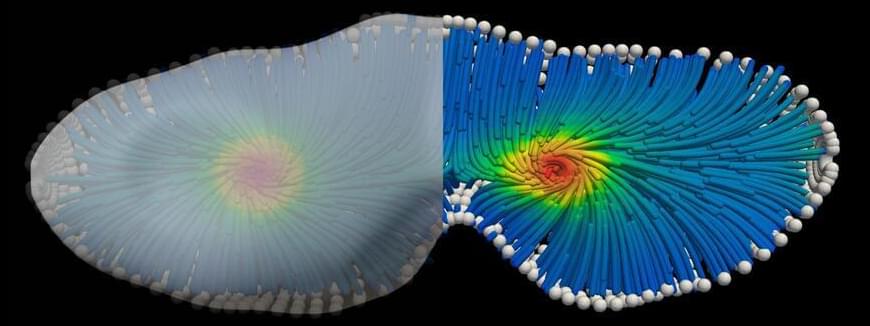Has OpenAI invented an AI technology with the potential to “threaten humanity”? From some of the recent headlines, you might be inclined to think so.
Reuters and The Information first reported last week that several OpenAI staff members had, in a letter to the AI startup’s board of directors, flagged the “prowess” and “potential danger” of an internal research project known as “Q*.” This AI project, according to the reporting, could solve certain math problems — albeit only at grade-school level — but had in the researchers’ opinion a chance of building toward an elusive technical breakthrough.
There’s now debate as to whether OpenAI’s board ever received such a letter — The Verge cites a source suggesting that it didn’t. But the framing of Q* aside, Q* in actuality might not be as monumental — or threatening — as it sounds. It might not even be new.






